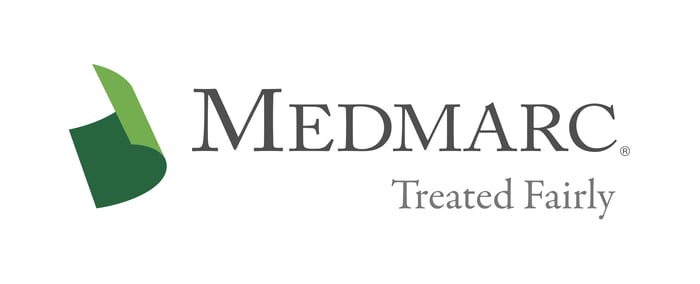FDA Moves on Home Sample Collection for COVID-19
The FDA has broken new ground on numerous occasions as a result of the COVID-19 pandemic, including with the release of a voluntary template for at-home sample collection kits under the emergency use authorization program. There are limitations to the use of home sample collection kits for the pandemic, however.
The agency’s May 29 press release indicated that test developers can provide a test for samples obtained by the user in their domicile only if that test is authorized under the EAU program, or when used in connection with a study overseen by an IRB. Jeff Shuren, director of the Center for Devices and Radiological Health, said home collection samples are the subject of several concerns, including whether the sample can be shipped without degradation.
The FDA template states that the sample can be drawn from the anterior nares or saliva, and that a developer that wants to manufacture a sample collection kit for other types of respiratory specimens (or non-respiratory sources) should contact the agency regarding a validation a strategy. The developer of that home collection kit should also contact the Pipeline and Hazardous Materials Safety Administration regarding compliance with regulations pertaining to hazardous materials shipping, the FDA said.
CDC Advises Caution on Serological Test Interpretation
U.S. federal government activity has been more or less constant even after omitting the FDA’s updates, such as the routinely updated antibody test guidelines posted by the Centers for Disease Control and Prevention. CDC pointed out recently that interpretation of a serological test can be hazardous if local seroprevalence is in the mid-single digits. In addition to advising that there is no clear answer as to which antibody isotype is most advantageous for COVID-19 surveillance, the update page also states that when prevalence is at 5%, a serological test with 90% sensitivity and 95% specificity might offer a positive predictive value of only 49%.
This can be improved upon by the use of a test with a specificity of 99.5% or greater, or by pre-test screening to eliminate those at a low probability of infection, while another option is to run a second test on any individuals who test positive. A repeat testing strategy based on an orthogonal algorithm would require that the second test be a different test than the first, but CDC also advised that tests for immunoglobulin A (IgA) are not seen as particularly reliable, at least until more information emerges about the dynamics of IgA in the context of the SARS-CoV-2 virus.
The Federal Communications Commission announced May 28 that it had approved another 53 funding applications for telehealth programs specifically set aside for the COVID-19 pandemic. The funding for these programs was provided by the Coronavirus Aid, Relief and Economic Security (CARES) Act, and this latest round of telehealth program awards will account for $18.22 million out of the total of more than $68 million granted to date under this program.
The FCC’s COVID-19 telehealth program has $200 million to work with under the terms of the CARES Act, although the entirety of that funding source need not be expended. This was the eight set of telehealth programs announced by the FCC, the first of which was announced April 16.
Precisely how long these telemedicine programs will be needed in such numbers is difficult to pin down, but the Advanced Medical Technology Association recently highlighted a survey suggesting that three in four Americans would not hesitate to undertake a face-to-face visit with their physician. Patients have been skipping cardiology care sessions, cancer screenings, and other essential care visits as a consequence of the pandemic, but the vast majority of the 593 respondents believe the time has come to go see the doctor. Roughly half of those surveyed in a separate poll said they or someone in their household has postponed or skipped entirely a medical visit in recent months.
For additional resources contact the Marketing department
Phone: 888-633-6272
Medmarc is a member of ProAssurance Group, a family of specialty liability insurance companies. The product material is for informational purposes only. In the event any of the information presented conflicts with the terms and conditions of any policy of insurance offered from ProAssurance, its subsidiaries, and its affiliates, the terms and conditions of the actual policy will apply.
Copyright © 2024 - Medmarc
